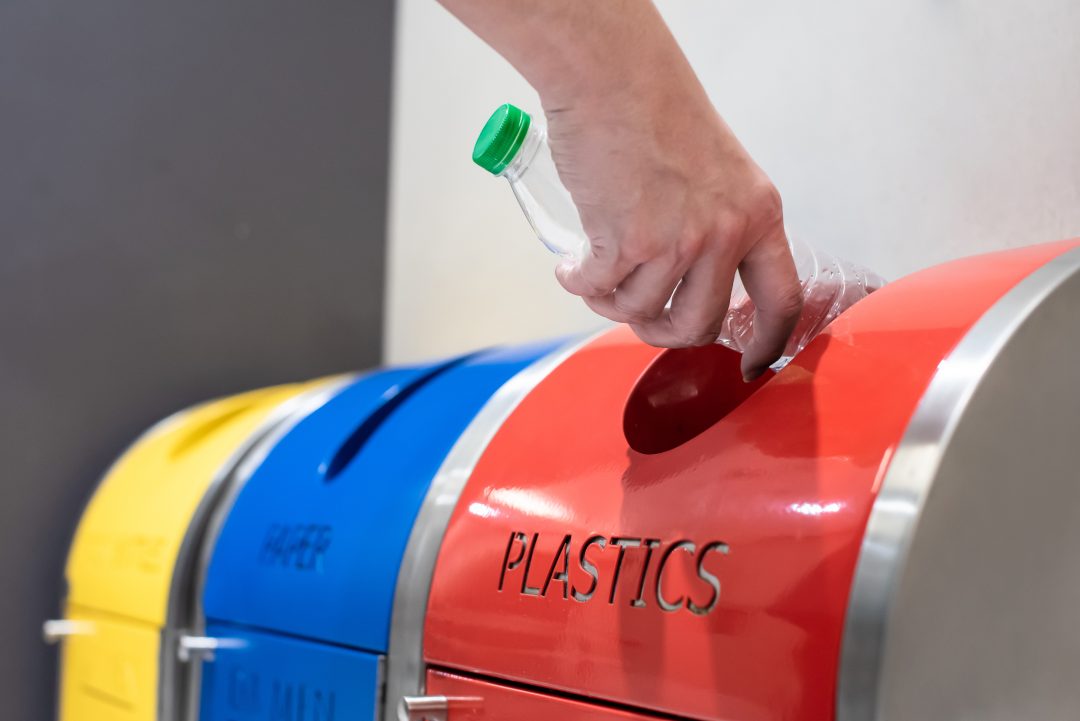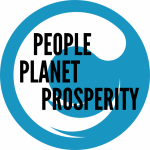Search this site
Appl-Tec Reduced Trash, Improved Recycling and Composting

In the fall of 2020, Appli-Tec made a commitment to analyze and then reduce trash sent to the landfill – a commitment which flowed from our strategic vision of People, Planet, Prosperity.
Reducing the amount of waste generated began with an entire culture shift. While the company did have some good practices in place, such as recycling shredded paper, toner cartridges, and electronics, we didn’t pay a lot of attention to how much waste went into the trash receptacle – or what this waste consisted of.
Our first steps were to educate people about why we wanted to recycle and the benefits of doing so. We also had to work to change behaviors so that small steps, such as putting an aluminum or plastic container in the recycle bin, became automatic.
Our ultimate goal was to hit 90% trash reduction.
Separating recyclables from trash
We first determined how to measure the amount of trash going out by simply using a tape measure to record the amount in the receptacle each week.
We then began educating people about which items could and should be recycled: plastic and metal food and beverage containers, paper board and boxes, etc. We set up bins around the company to collect the recycling.
At our weekly company meetings, we continued to stress how important recycling was to the environment and Appli-Tec’s strategic vision, and to educate people using videos and other material. Slowly, people began making changes to their “automatic” habits.
Reduce and/or recycle paper
Any paper that wasn’t absolutely needed was reduced. For example, some team members began using Rocket Books, a new type of electronic notebook that allows you to take notes, scan them with a phone, and then reuse the pages.
We also learned to use both sides of Post-It notes, and even the Finance Department worked to pay for more items electronically versus sending out paper checks.
Reduce every day trash, including food waste
We had already discovered that with COVID cleaning protocols, our paper towel usage had increased significantly – and that paper toweling is actually compostable.
We also learned we could change trash companies based on how we wanted to handle our trash: One company now picks up non-recyclable waste once a week and incinerates it; this incinerated trash is converted to electricity. Another company picks up the recyclables every two weeks.
A composting company picks up the paper towels and food waste once a week. The compost they make is then distributed to local farmers!
Some things, such as Styrofoam, can’t be recycled. The recycling committee asked vendors to begin using environmentally-friendly packaging materials.
Result: We hit goal!
As we began publishing the results of our recycling efforts at company meetings, excitement grew. The more excitement, the more our habits changed.
After a little more than a year, we achieved our goal: a 90% reduction in trash that went to the landfill.
To celebrate, we had a big party with balloons and prizes. It really was an amazing achievement!
 The year-long recycling effort was part of our People, Planet, Prosperity vision and plan the company implemented in September 2020 as a response to COVID and our rapidly changing world.
The year-long recycling effort was part of our People, Planet, Prosperity vision and plan the company implemented in September 2020 as a response to COVID and our rapidly changing world.
For the Planet piece of PPP, our long-term vision is to reduce our carbon footprint and to take a regenerative approach to environmental management. Our short-term vision is to identify ways to reduce our waste-to-landfill ratio; increase recycling, reuse, and remanufacturing; and reduce energy and resource consumption.
New Applications
I want to discuss my application challenges, order samples, or place a first-time order.
Existing Applications
I need to reorder an existing part number, I have a BOM/Spec.

